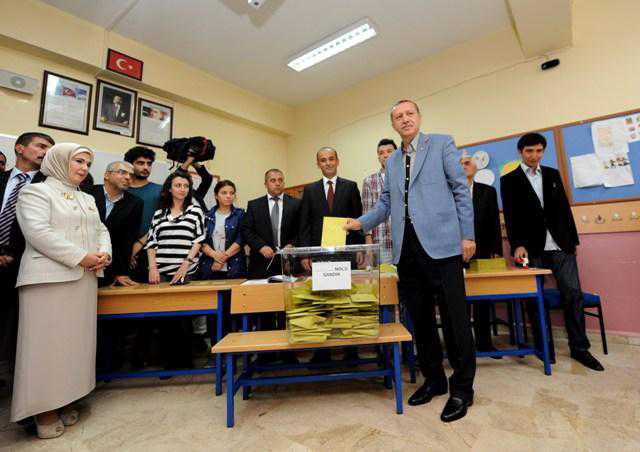Despite much talk about the possibility of reproducing the Turkish state model in Egypt, which would give the military a role in internal politics to safeguard the secularism of the state, experts remain suspicious of the idea.

Hassan Nafaa, a political science professor at Cairo University, said the ruling Supreme Council of the Armed Forces (SCAF) positions itself at an equal distance from those who started the revolution and want to bring about genuine change and reform, and remnants of the former regime who are leading a counter-revolution.
On the sidelines of a conference entitled “The Impact of Arab Revolutions on the Arab-Israeli Conflict”, held in Istanbul, Turkey, Nafaa told Al-Masry Al-Youm that the success of the Turkish state model for Egypt depends on how far the latter’s religious groups have been influenced by the Turkish experience, which he said has resolved the apparent conflict between Islam and democracy.
He added that the success of this model in Egypt depends on how much Islamic parties in Egypt see Turkey’s Justice and Development Party as a model, but the Turkish and Iranian models cannot be exported to Egypt or any other country.
Nafaa said the SCAF is protecting the revolution as well as remaining members of the former regime, and the three forces are interacting on the political scene.
He added that the SCAF wants to be neutral because it is more concerned about the security of the state and the society than about the conflict between these two powers, but the current conditions in Egypt require the SCAF to take one side – either to protect the revolution or the powers working against it.
Arm al-Shobaki, a political expert at Al-Ahram Center for Political and Strategic Studies, praised the Turkish model, saying Turkey’s Justice and Development Party has employed religion in a successful way. At a conference held at the Alexandria Library two days ago, he said the party has not used a single religious slogan it its campaigns, yet has achieved significant economic growth for Turkey.
He added that Turkey has succeeded in formulating a constitution to define the relationship between the army and the political authority and to create a democratic relationship between Islamic and secular parties. It has also succeeded in communicating with the Arab and Islamic worlds.
Shobaki added that benefiting from the Turkish model does not mean it should be “cloned” , saying this would belittle Egyptians’ revolution.
Discussing the economic success of Turkey, the dean of Faculty of Economics and Administrative Sciences of Istanbul Aydin, Veysel Ulusoy, said sustainable economic growth rates are required to achieve a reasonable outcome.
A participating Turkish researcher said the election of the Justice and Development Party for the third time in parliamentary elections can be attributed to its success in introducing radical political, cultural and structural changes.
Translated from the Arabic Edition
via Experts say Turkish model cannot be imported as is | Al-Masry Al-Youm: Today’s News from Egypt.